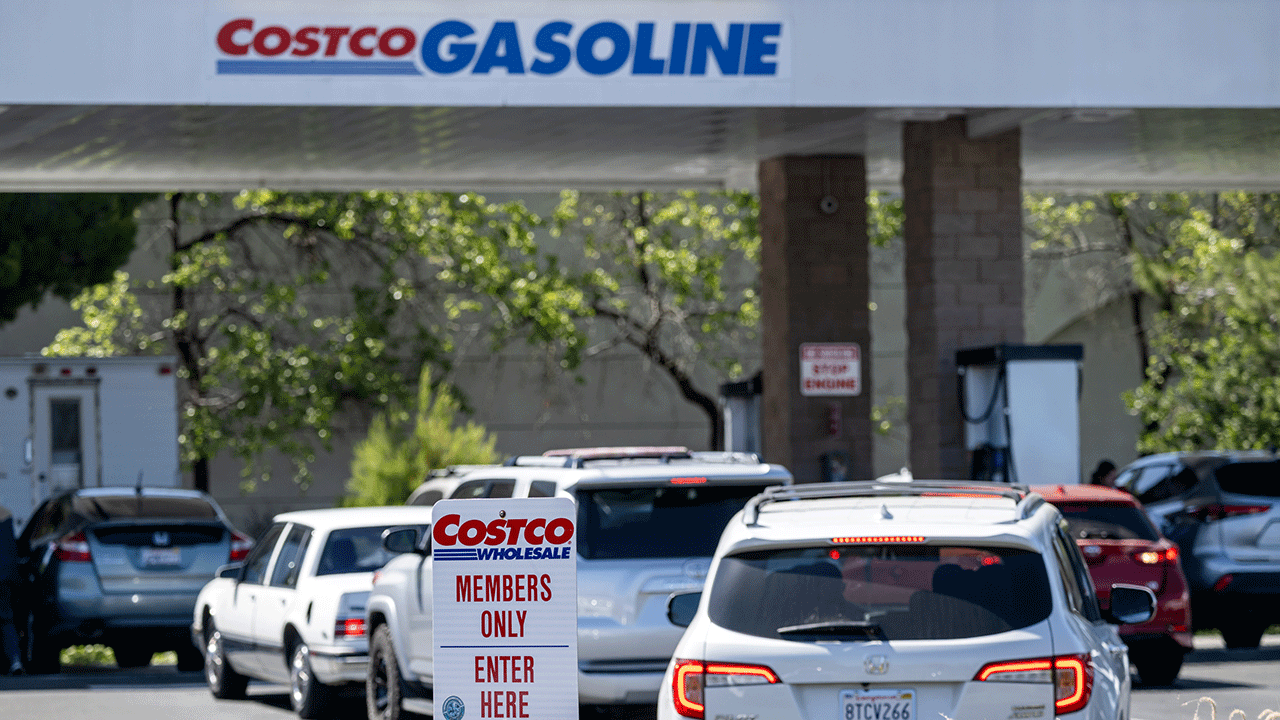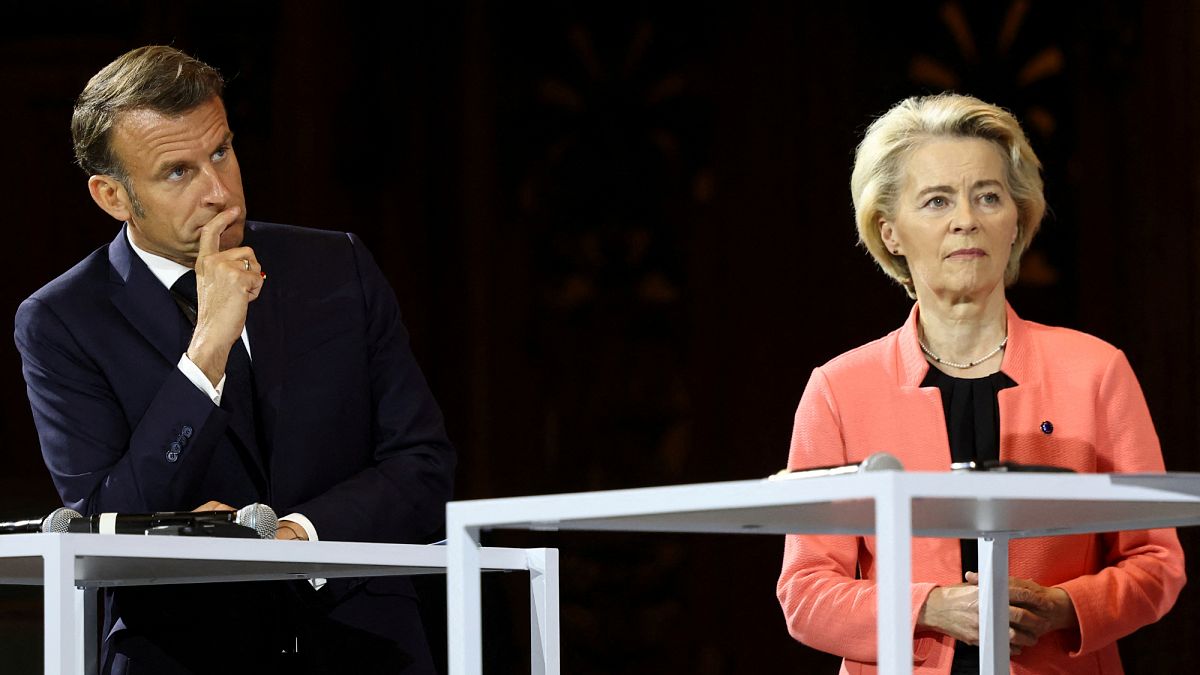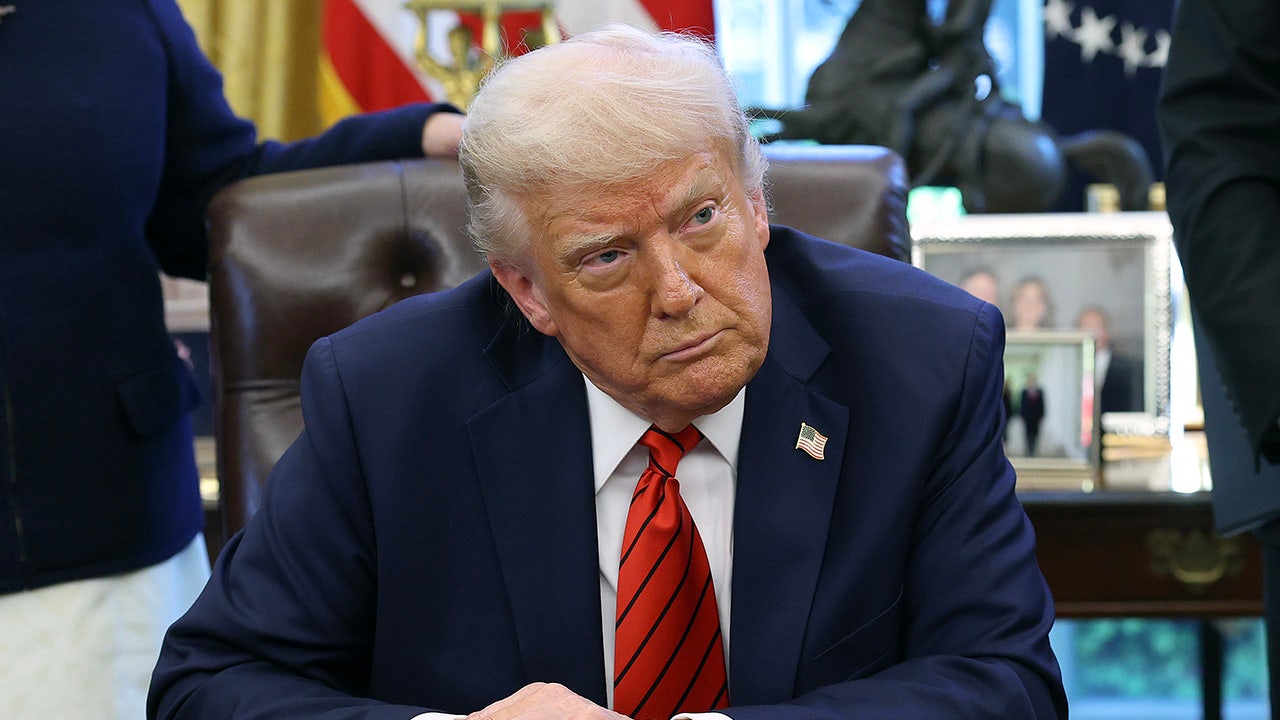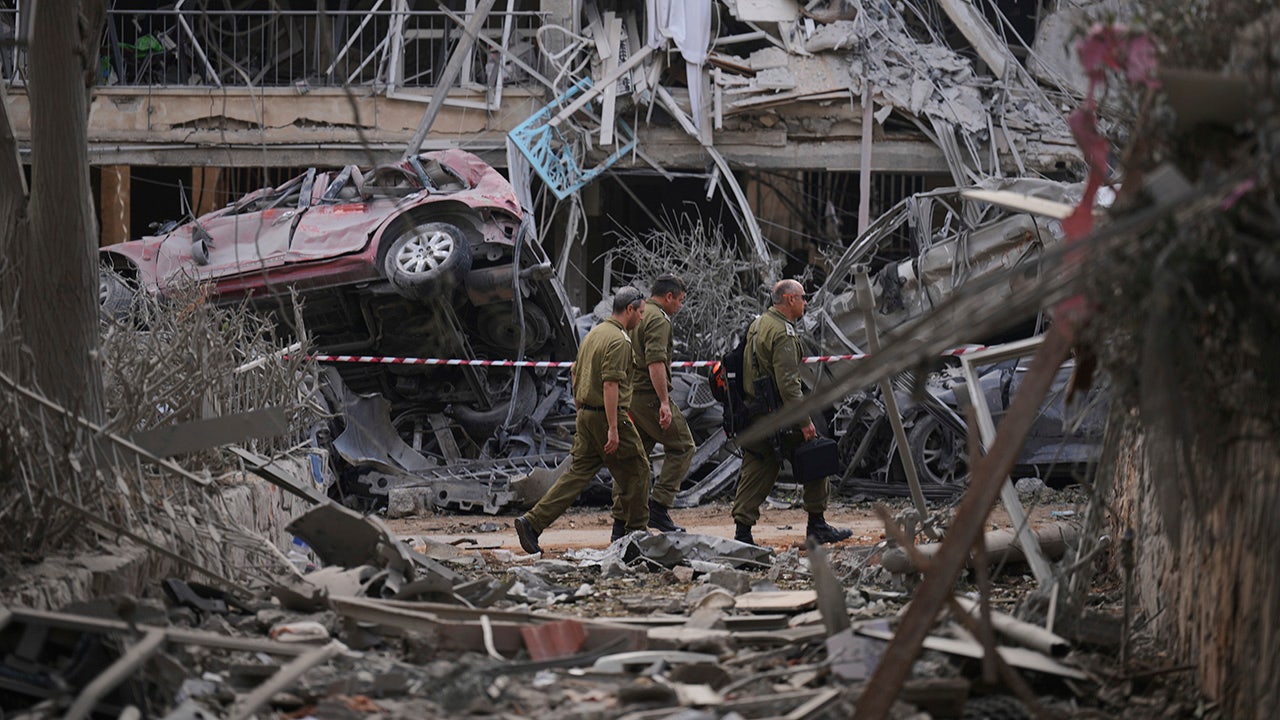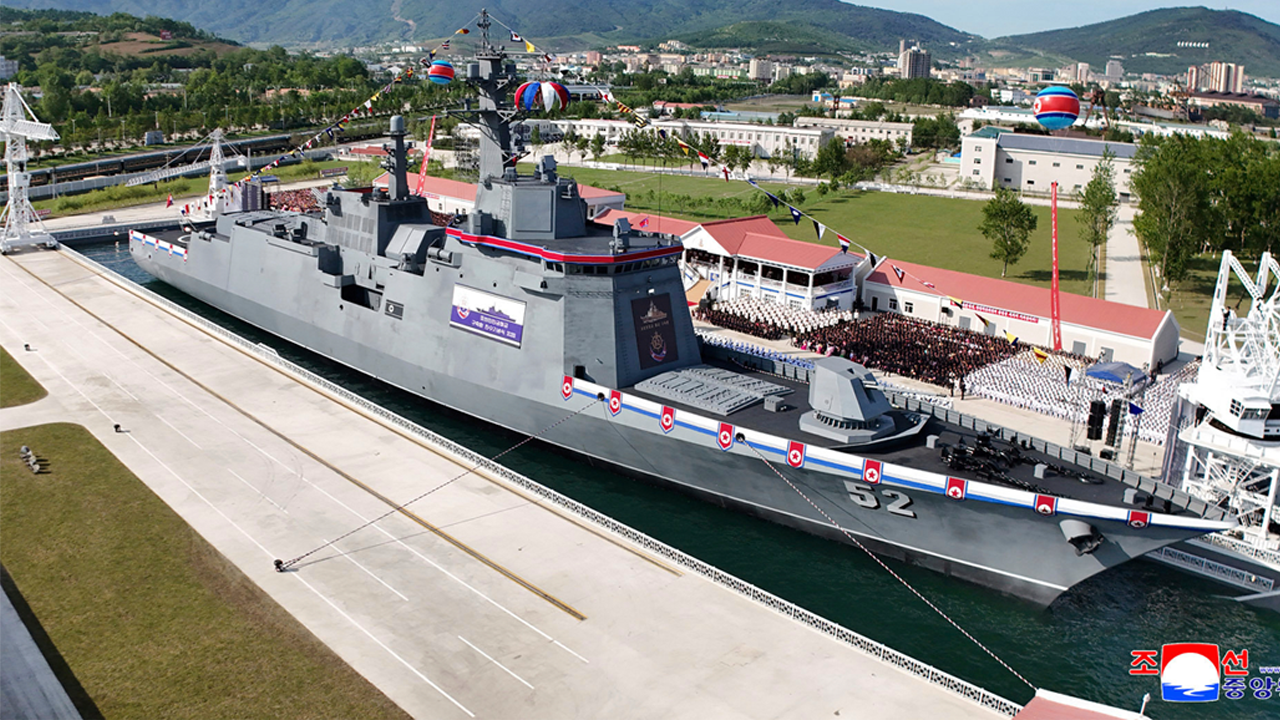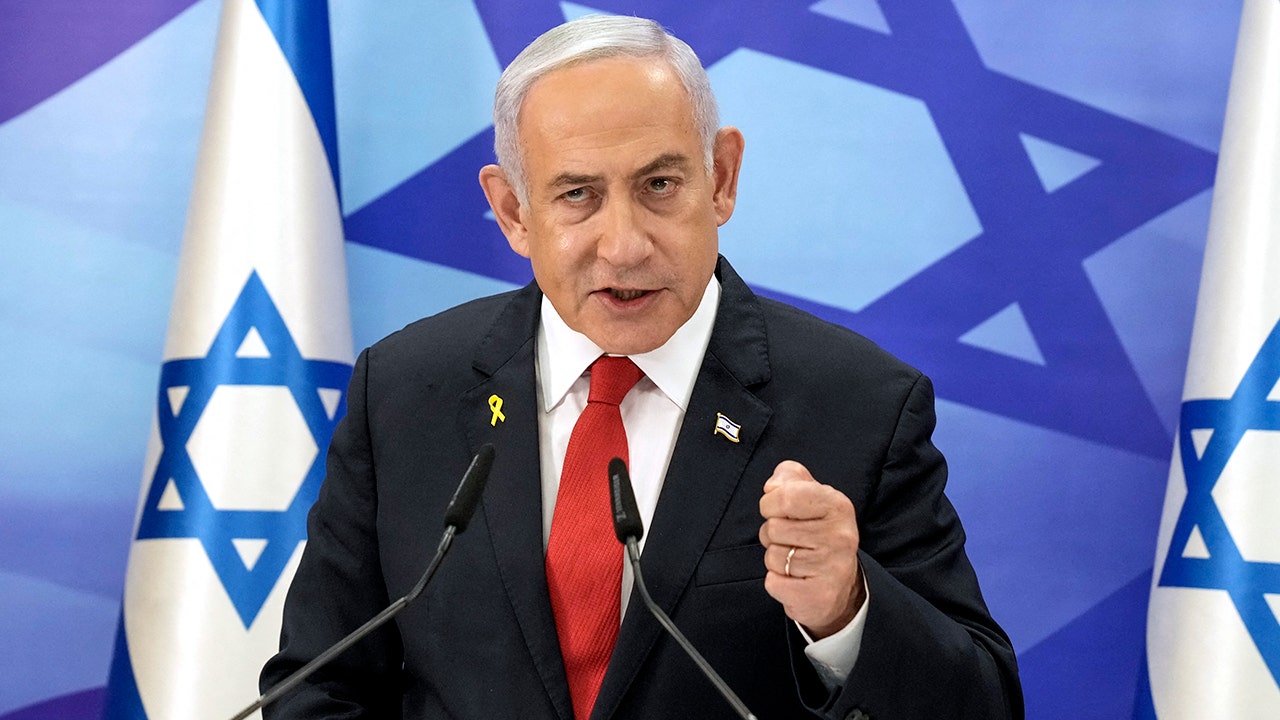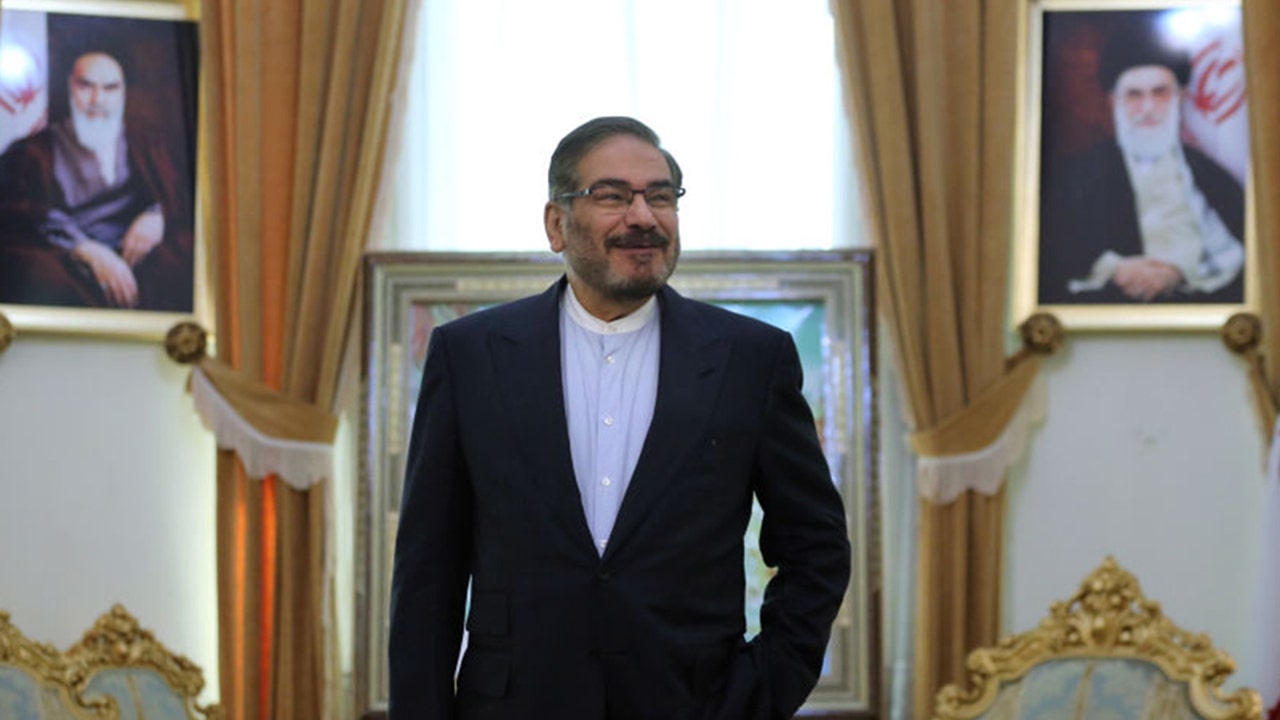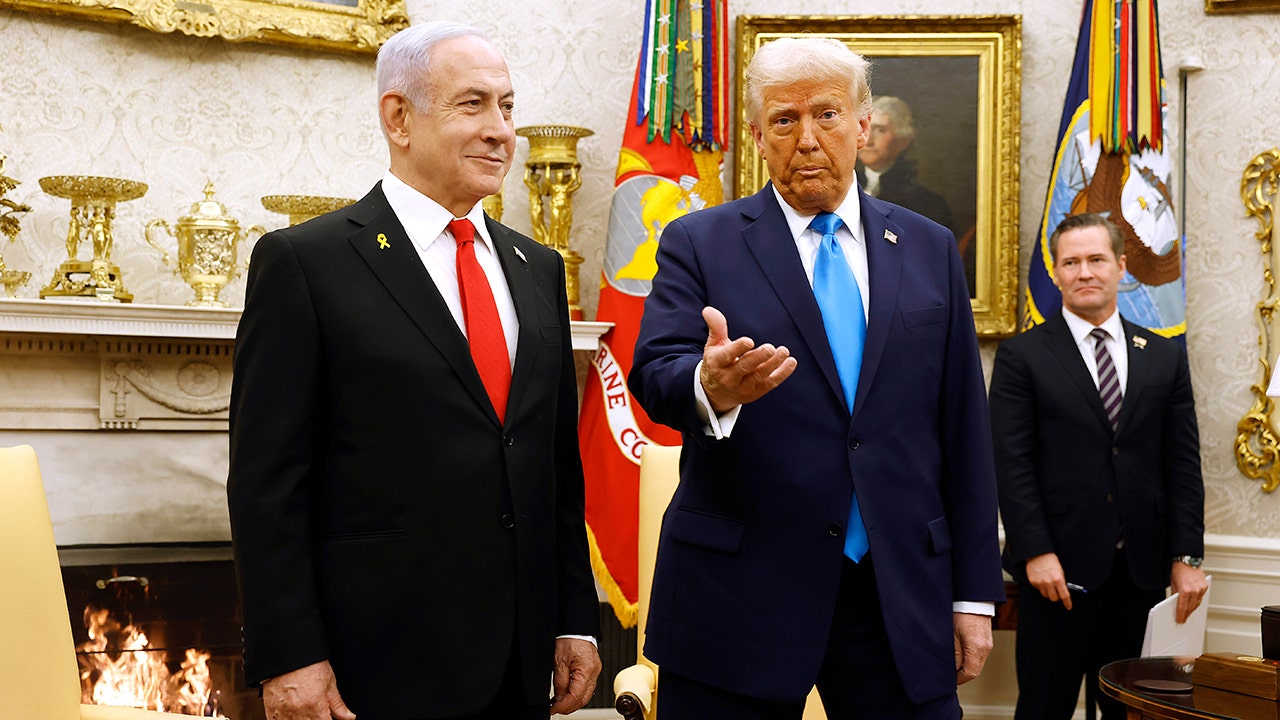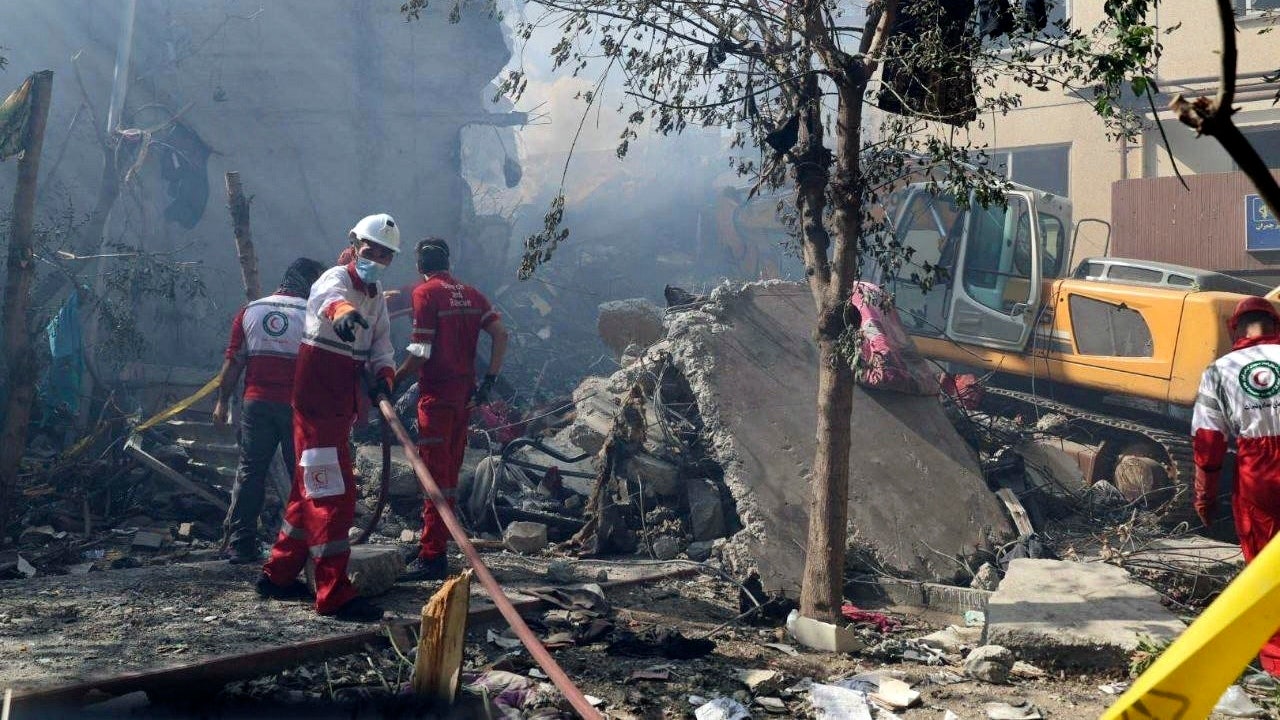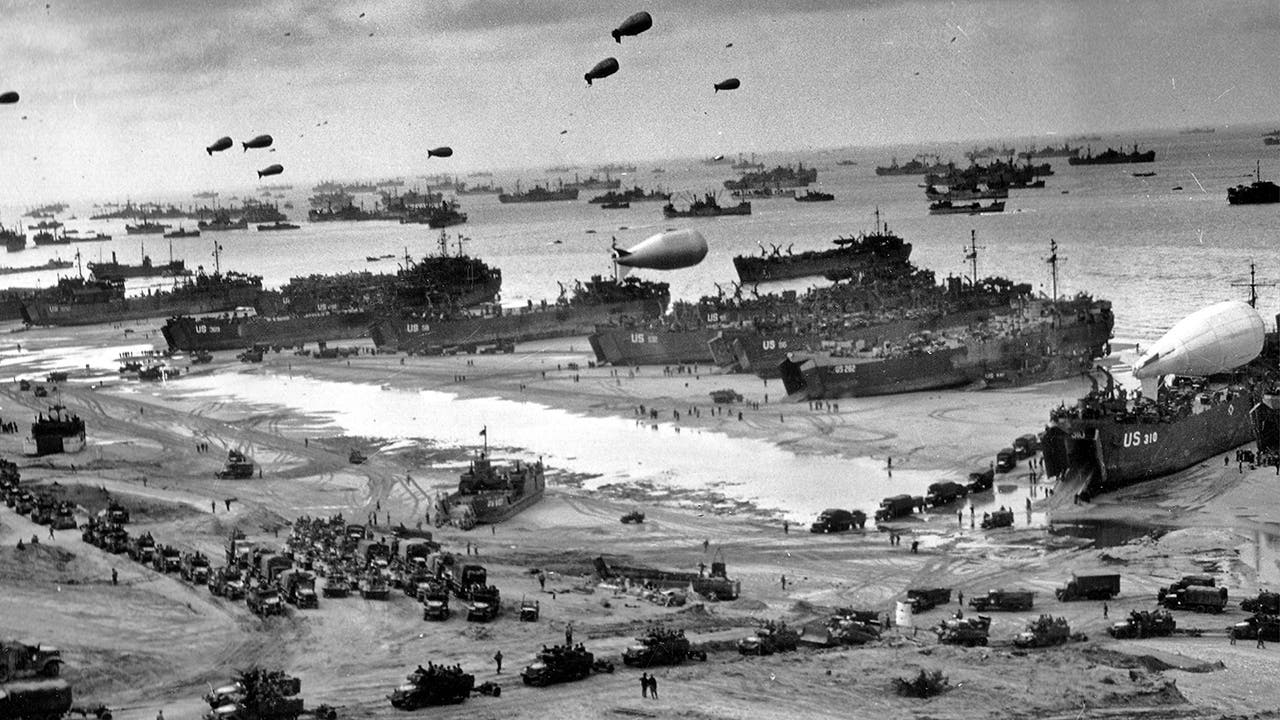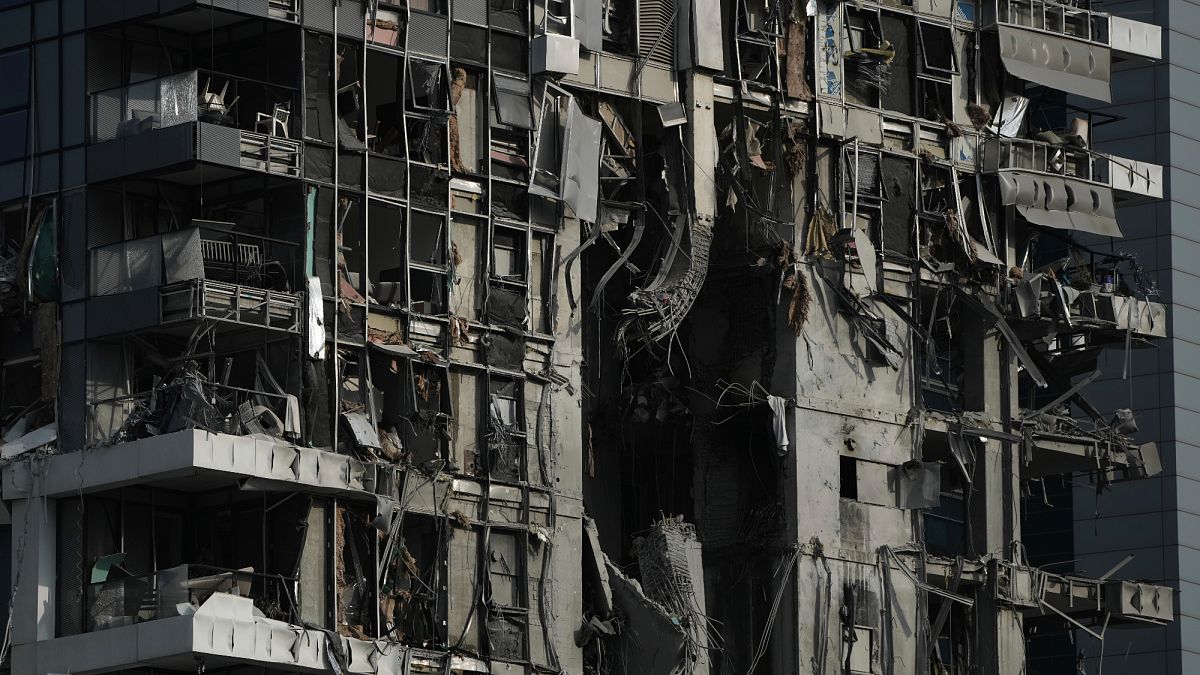European leaders voiced alarm over the military attacks and called for a diplomatic solution to avoid an all-out war that could spiral across the Middle East and beyond, but security expert Claude Moniquet told Euronews that Europe has been left “sitting on the sidelines”.
This was already true of negotiations taking place between the Americans and the Iranians. US President Donald Trump’s attempt to reach an agreement with Iran to halt uranium enrichment was scheduled to run to a sixth round of talks in Oman on Sunday.
Those talks may now be in doubt, but “the Europeans were excluded” from them anyway, Moniquet pointed out.
“Europeans have been pretty much excluded from all major diplomatic manoeuvres around the war in Gaza or the war in Lebanon,” the former French intelligence officer and author said.
Europe’s leaders tout diplomacy but lack means to deliver it
“Diplomatic efforts are crucial to preventing further escalation,” European Commission President posted on X late on Friday after speaking to Israel’s President Isaac Herzog concerning the escalating situation.
Moniquet said that the European Union has lost influence in the region and has no say in diplomacy over the future of the Middle East, however.
Europe’s ambivalent support for Israel’s attacks likely meant its governments were not forewarned of the details, in sharp contrast with the US.
French President Emmanuel Macron’s press conference on Friday neatly encapsulated the tightrope walk of strictly conditional support for Israel that Europe’s leaders are offering.
“We support Israel’s security and if Israel were to be attacked, France would take part in operations to defend Israel if it is in a position to do so,” Macron said, though he made clear that France wouldn’t participate “in any offensive operation”.
“We have always favoured the diplomatic route [on the issue of Iranian nuclear and ballistic missiles] rather than military intervention, so France did not recommend attacks by Israel,” he said, underlining that France “didn’t plan this decision with Israel”.
Macron also addressed the situation in Gaza, saying: “These attacks must not distract us from the need to establish a ceasefire there,” the President added, describing the humanitarian blockade imposed in the Palestinian enclave as “unjustifiable”.
Similarly UK Prime Minister Keir Starmer said on Friday that “now is the time for restraint, calm and a return to diplomacy.”
But the UK’s failure to be informed about Israel’s attack on Iran before it happened, and failure to support the mission, highlights “the deteriorating relationship between the two countries,” the Times of London reported today.
Diplomats told the newspaper it appeared Israel no longer considered the UK to be a “reliable partner” after Starmer placed sanctions on two far-right Israeli ministers.
“Military planners inside the Ministry of Defence were braced for the strikes on Thursday night. However, the UK appeared to have been cut out of the loop on the operation, despite being involved in previous strikes,” the paper reported.
Von der Leyen similarly reiterated Israel’s right to defend itself and protect its people, adding: “At the same time, preserving regional stability is vital. I urge all parties to act with maximum restraint and work to de-escalate the situation.”
By contrast, after months of urging Israel not to strike Iran while he worked toward a nuclear deal, President Donald Trump told Reuters in a phone interview on Friday that he and his team knew the attacks were coming, and proffered no call for restraint.
US more closely tied to Israel over action
“We knew everything, and I tried to save Iran humiliation and death. I tried to save them very hard because I would have loved to have seen a deal worked out,” Trump said, adding: “They can still work out a deal, however, it’s not too late.”
“We’ve been very close to Israel. We’re their number one ally by far,” Trump told Reuters, adding, “We’ll see what happens.”
The main reason behind Europe’s loss of influence, Moniquet believes, is to be found in Europe’s dwindling military power. If true, the situation builds on the existential questions about its security future that have faced Europe and the EU in the wake of the Oval office blow-up in February between Ukrainian President Volodymyr Zelenskyy and Trump.
Since then, Europe has wrestled with and begun to take on board the need to take more responsibility for its own security. It has also found itself left on the side-lines of Trump’s attempted ceasefire brokering between Zelenskyy and Putin.
Being left on the side-lines now might carry more risk however.
Moniquet told Euronews Iran could respond with attempted terrorism on the continent.
“They may well ask a Hezbollah cell or an Iranian cell like the one that was dismantled in London a few weeks ago to strike somewhere in Europe,” he said, adding: “This is an important possibility, and it means that Jewish communities, Israeli diplomatic and commercial interests, Israeli boats, Israeli planes, but probably also American interests, are now in a position of risk in Europe and could be hit.”
Read the full article here



